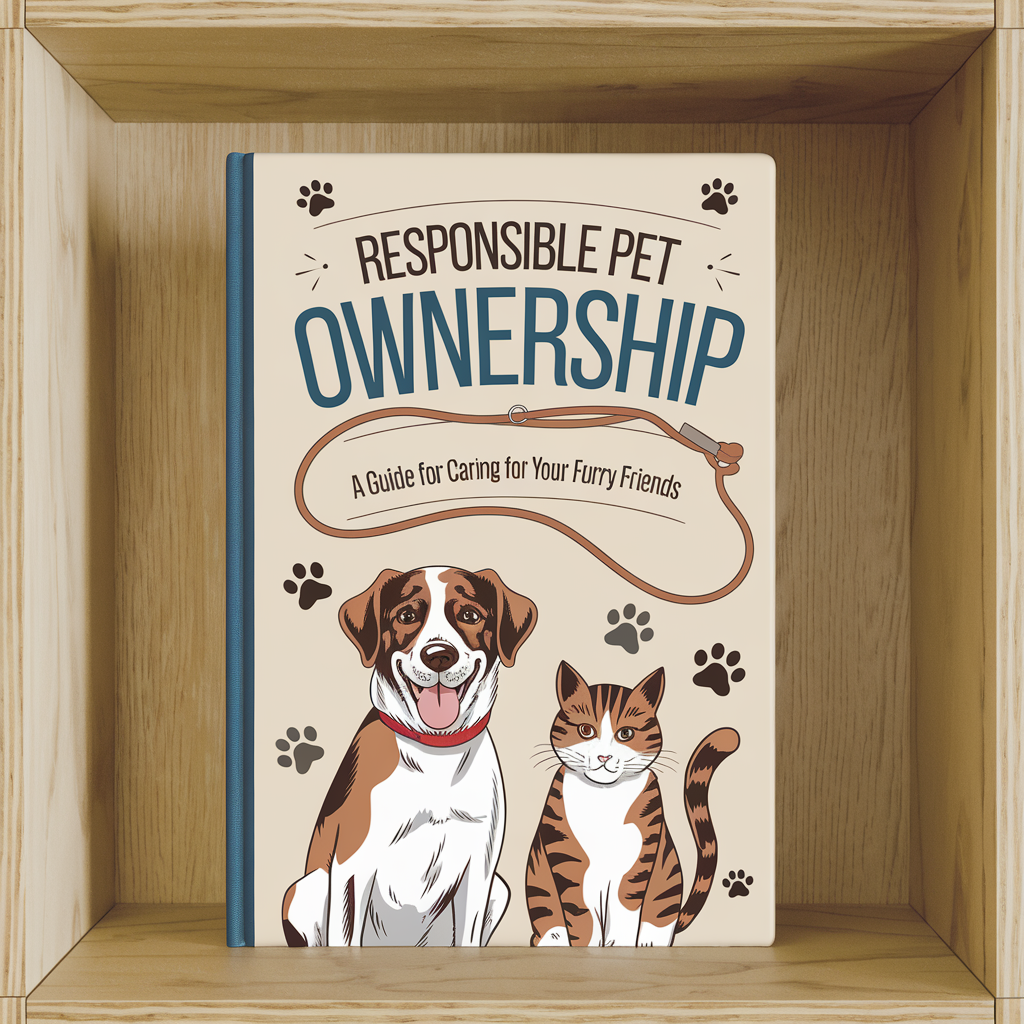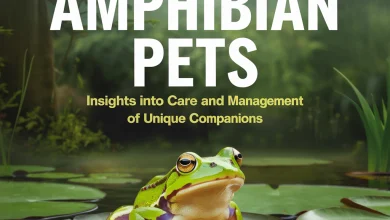Responsible Pet Ownership: A Guide for Caring for Your Furry Friends

Being a responsible pet owner means more than just providing food and shelter for your animal companions. It involves a commitment to their health, happiness, and overall well-being. Whether you have a dog, cat, rabbit, bird, or any other type of pet, understanding your responsibilities is crucial. Here’s a comprehensive guide to help you navigate the essentials of responsible pet ownership.
1. Understanding Your Pet’s Needs
Research and Education
- Before bringing a pet home, research the specific needs of the species or breed. Each animal has unique requirements regarding diet, exercise, socialization, and habitat.
Proper Nutrition
- Provide a balanced and nutritious diet tailored to your pet’s age, size, and health conditions. Consult your veterinarian for recommendations on the best food options.
Regular Exercise
- Ensure your pet gets sufficient exercise to maintain a healthy weight and mental stimulation. Different pets require different types of physical activity, so adapt accordingly.
2. Health Care
Routine Veterinary Visits
- Schedule regular check-ups with a veterinarian to monitor your pet’s health, vaccinations, and preventive care. Early detection of health issues can prevent serious problems later.
Spaying/Neutering
- Consider spaying or neutering your pets to prevent unwanted litters and reduce certain health risks. This also helps control the pet population and reduces the number of animals in shelters.
Preventive Medications
- Administer preventive medications for parasites, such as fleas, ticks, and worms, as recommended by your veterinarian.
3. Safe and Comfortable Living Environment
Proper Housing
- Provide a safe, comfortable, and clean living space for your pet. Ensure it’s appropriate for the species, whether that’s a cozy bed for a dog or a spacious cage for a rabbit.
Environmental Enrichment
- Offer toys, activities, and social interaction to keep your pet mentally and physically stimulated. This is especially important for highly social animals, such as dogs and parrots.
Safe Spaces
- Create areas where your pets can retreat to feel secure, especially during stressful situations like thunderstorms or fireworks.
4. Training and Socialization
Basic Training
- Invest time in training your pet to ensure they understand basic commands and behavior expectations. This is crucial for dogs, but cats and other pets can also benefit from training.
Socialization
- Expose your pets to various people, animals, and environments to help them develop confidence and reduce anxiety. This is particularly important during their early developmental stages.
Positive Reinforcement
- Use positive reinforcement methods to encourage desired behaviors. This creates a trusting bond between you and your pet.
5. Responsible Breeding and Adoption
Adoption
- Consider adopting from shelters or rescue organizations instead of purchasing from breeders. Many loving animals are waiting for homes and adoption helps reduce the number of animals in shelters.
Ethical Breeding
- If you choose to breed your pets, ensure it is done ethically, with a focus on the health and temperament of the animals. Prioritize finding good homes for the offspring.
6. Commitment and Lifelong Care
Long-Term Commitment
- Understand that owning a pet is a long-term commitment, often lasting many years. Be prepared to care for them throughout their lives, which may include changes in your circumstances.
Financial Responsibility
- Be aware of the costs associated with pet ownership, including food, veterinary care, grooming, and supplies. Budget accordingly to provide for your pet’s needs.
7. Respecting Local Regulations
Leash Laws and Licensing
- Follow local regulations regarding pet ownership, including leash laws for dogs and licensing requirements. This helps keep your pet safe and prevents legal issues.
Pet Etiquette
- Be considerate of others in your community by cleaning up after your pets and ensuring they behave appropriately around people and other animals.
Conclusion
Being a responsible pet owner requires dedication, knowledge, and compassion. By understanding your pet’s needs, providing proper care, and fostering a loving environment, you can ensure they lead happy and healthy lives. Remember, your pet relies on you for their well-being, and in return, they offer unconditional love and companionship. Embrace the joys and challenges of pet ownership, and commit to being the best guardian you can be!



